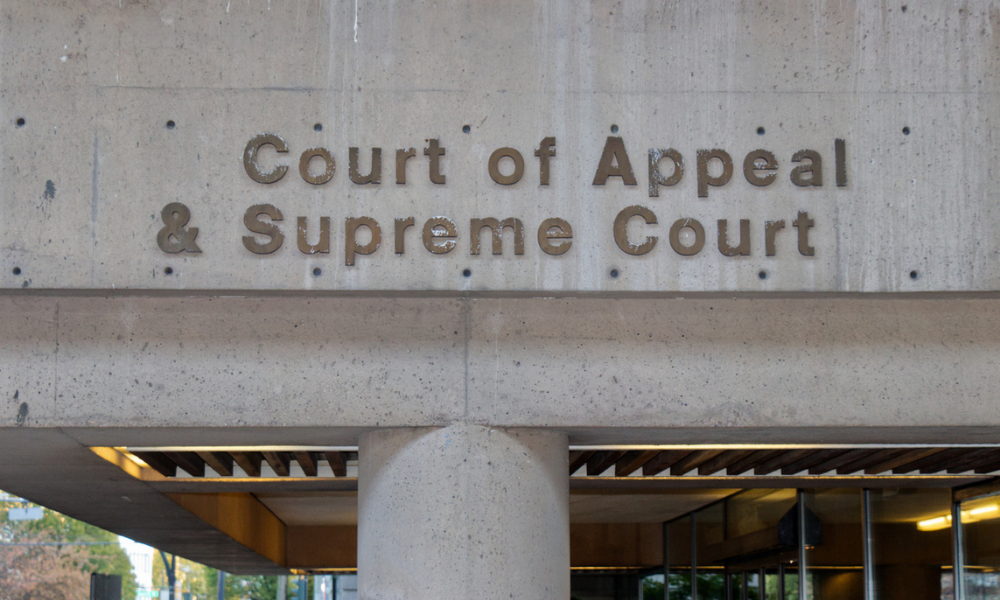Valid resignation doesn't have to be physical signature, but must be communicated to corporation

In Ontario, resignations must be in writing and communicated to the corporation in order to be effective, the Federal Court of Appeal has ruled.
The controversy in Cliff v. Canada, 2022 FCA 16 started in 2001, when Cliff Crucibles Inc. was incorporated under the Ontario Business Corporations Act (OBCA). Robin Cliff and her husband, Steven, signed documents appointing themselves as the corporation’s directors. The corporation was eventually dissolved several years later, so the Minister of National Revenue assessed Robin and Steven, as directors, for tax liabilities under the Excise Tax Act and the Income Tax Act.
Robin objected to the assessment, asserting that she hadn’t been a director for more than two years at the time she was assessed. In fact, she claimed that from the outset, she was only willing to be a director on a temporary basis, and on the very same day that she was appointed director, she allegedly told her husband that she wanted to be removed.
Records showed that at some point after Robin requested to be removed as a director, Steven’s secretary prepared a “Form 1 – Initial Return/Notice of Change,” which indicated that Robin’s directorship ceased on Dec. 12, 2003.
Under the OBCA, the resignation of a director from an Ontario corporation must be in writing and communicated to the corporation in order to be effective. The Tax Court, relying on Canada v. Chriss, 2016 FCA 236, ruled that the personal signature of the director is also necessary for the resignation to be effective. Since Form 1 did not contain a signature, Robin remained a director.
On appeal, the court found that the tax court wrongly interpreted the relevant case law. According to the appellate court, jurisprudence does not actually require all resignations to have a personal, physical signature in order to be effective, and a director may even resign via email or text.
Nonetheless, the court said that the issue of whether a signature is necessary or not was irrelevant in this case because Form 1 was not even a resignation directed to the corporation. Rather, the court concluded that it was a form of communication from the corporation to the Ministry of Consumer and Commercial Relations.
In the end, the court emphasized, “for a resignation to be effective, there must be evidence that the corporation received a written resignation confirming that the appellant [director] has resigned. While Form 1 may reflect something that may have happened, it is not a substitute for a written resignation.”










